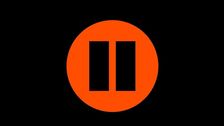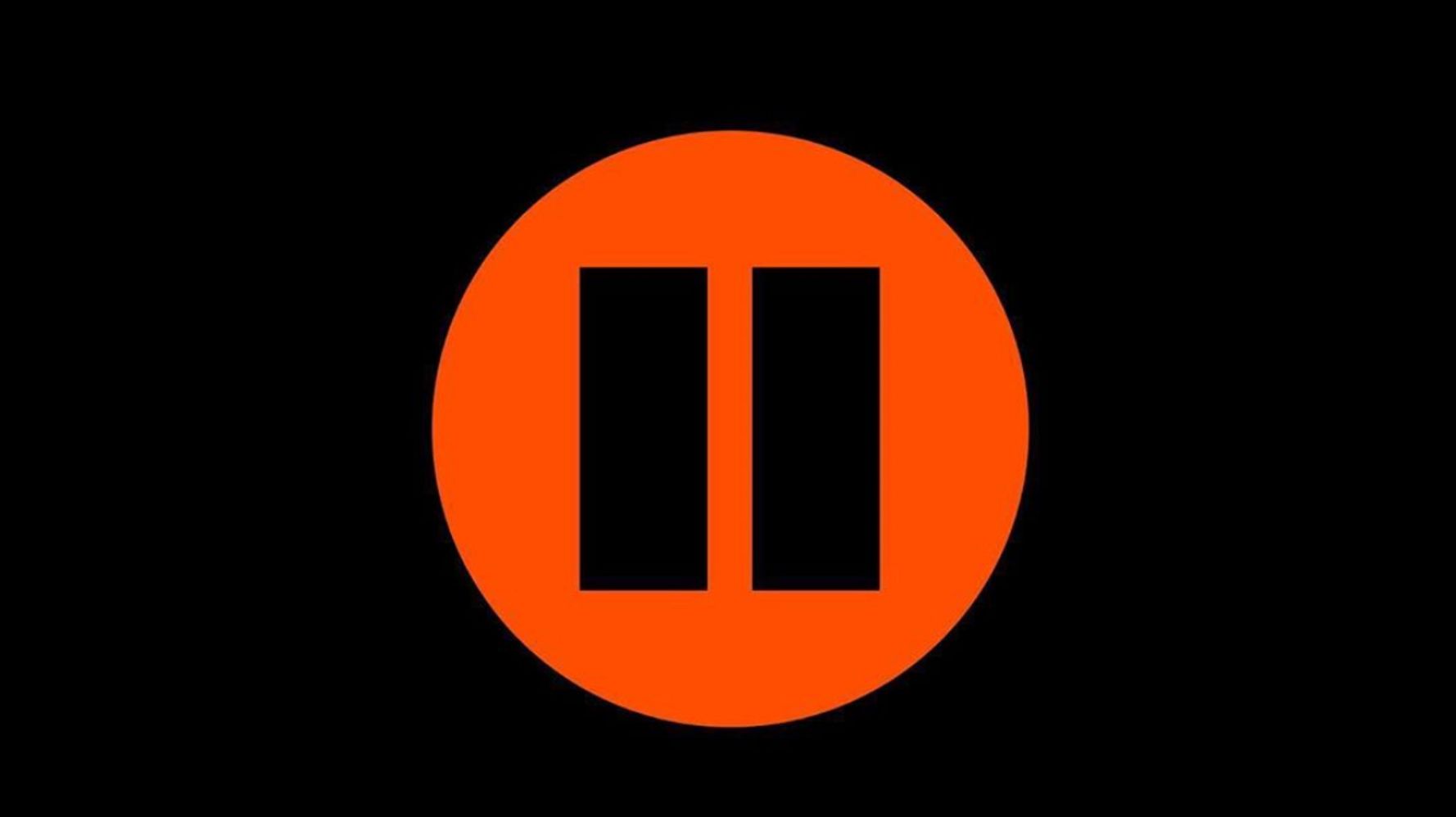[ad_1]

Jamila Thomas and Brianna Agyemang called on their colleagues in the music industry to halt business on June 2 to acknowledge the tragic cycle of Black death plaguing the country.
In the aftermath of the killings of Breonna Taylor, George Floyd, Ahmaud Arbery and others, the two Black women urged their colleagues — from executives to artists to entire music companies — to intentionally disrupt the workweek and have an “honest, reflective and productive conversation” about what needs to be done to support the Black community and fight racism.
They dubbed their movement #TheShowMustBePaused. The music industry has a long history of profiting off Black music and culture. As in many other fields, Black people who work in music are often underpaid and severely underrepresented in positions of leadership despite genres created by Black people continuously leading the charts and being the source of inspiration for other genres. This movement is also especially timely as June is Black Music Month.
“We are tired and can’t change things alone,” Agyemang, a senior artist campaign manager at Platoon, said in an Instagram post. “This is a call to action for those of us who work in music/entertainment/show business to pause on Tuesday, June 2nd because the show can’t just go on as our people are being hunted and killed. Use this time on Tuesday to come together and figure out how we can hold our partners, colleagues and companies alike, accountable to come up with and execute a plan that actively supports and protects the VERY CULTURE that it profits from.”
Many folks in the music industry heeded the movement’s call for reflection. Columbia Records was one of the first labels to make a public statement about the movement. “We stand together with the Black community against all forms of racism, bigotry, and violence,” a post on its Instagram page said. “Now, more than ever we must raise our voices to speak up and challenge the injustices all around us.” The company also halted business for the day.
Interscope announced that the company would cancel all releases for the week and contribute to organizations that are focused on bailing out protesters “exercising their right to peacefully assemble,” according to Rolling Stone.
Def Jam Records held a town hall with its employees and said it would honor artists’ wishes for the label to pause the releases and promotion of their music this week. Other record companies, including Columbia Records, Atlantic Records, Capitol Music Group, HitCo, Interscope Geffen A&M, Island Records, Warner Records, Sony/ATV, also halted business for the day.
Jon Platt, who is Black and the chairman and CEO of the Sony/ATV, the world’s largest music publishing company, wrote in an essay for Music Business Worldwide, “We must create a platform that provides each and every colleague the encouragement for true self-expression.” He added, “For people of color, this means the comfort to connect, mourn and heal in authentic ways that might be unfamiliar to, or uncomfortable for, some colleagues.”
Artists, producers and executives including Quincy Jones, Jason White and Radiohead supported the hashtag. Meanwhile, some record labels and streaming platforms observed the day in their own way. Spotify added an eight-minute, 46-second moment of silence to all of its playlists to honor Floyd, who died last week when a Minneapolis police officer knelt on his neck for that long. Apple Music removed all of its music and a playlist inspired by the movement. Live Nation canceled events and closed some of its offices and ViacomCBS-owned channels went dark.
However, much of Tuesday was filled with confusion on social media as many users posted black squares on their feed with the hashtag #BlackOutTuesday in an effort to stand in solidarity with the families of Black people who’ve lost their lives to police violence. People, including activist Brittany Packnett, quickly began to criticize the use of the #BlackLivesMatter hashtag under the black squares because the posts were blocking out pertinent information about the movement. Others pointed out that it felt performative, especially coming from celebrities and non-Black people who haven’t done much outside of posting.
The original call to action for #TheShowMustBePaused stated nothing about posting black squares or logging off. It called on the music industry to donate to the families of the victims, support protesters by giving to bail funds and connect with anti-racism grassroots organizations. It also implored that allies educate themselves.
Artists Lil Nas X and Kehlani were among those calling out the confusion and misdirection of #BlackOutTuesday. “The messages are mixed across the board and i really hope it doesn’t have a negative effect,” Kehlani tweeted about #BlackOutTuesday.
She and other Twitter users began to set the narrative straight and highlighted the movement Thomas and Agyemang created.
Despite the confusion, #TheShowMustBePaused was far from a bust, according to its organizers. Agyemang called Tuesday a “strong start to the change we want to make in the industry,” in a statement sent to HuffPost. They announced that in those 24 hours, the hashtag #TheShowMustBePaused received more than 700,000 shares and more than 70,000 followers on social media. More than 1,500 Black members and allies of the music community also met through video conferences to discuss racism within the industry and solutions to promote change.
“George Floyd was killed on a Monday and the following Tuesday we all went back to work,” Thomas, a senior director of marketing at Atlantic Records, said in the statement. “The music industry is an industry that has profited predominantly from Black art. To that end, it is the obligation of these entities to protect and empower the Black communities that have made them disproportionately wealthy in ways that are measurable and transparent. The point was never to mute ourselves. This was a day to completely disconnect from work and make a difference in our community because we should not normalize what is happening.”
The duo was able to bring together top music executives, Grammy winners, independent artists, digital streaming partners and entry-level employees for a critical discussion. In the statement, Agyemang noted that the movement isn’t stopping with one day of dialogue and that they will be moving on to the next phase of #TheShowMustBePaused.
“We are taking all thoughts and ideas that were gathered and we will be implementing them into Phase 2 of this movement,” she said. “Next steps are about clarifying needs and mobilizing the people to be the change we wish to see. The goal is to tap into the community at large to create change that is impactful and long lasting.”
Calling all HuffPost superfans!
Sign up for membership to become a founding member and help shape HuffPost’s next chapter
[ad_2]
Source link

